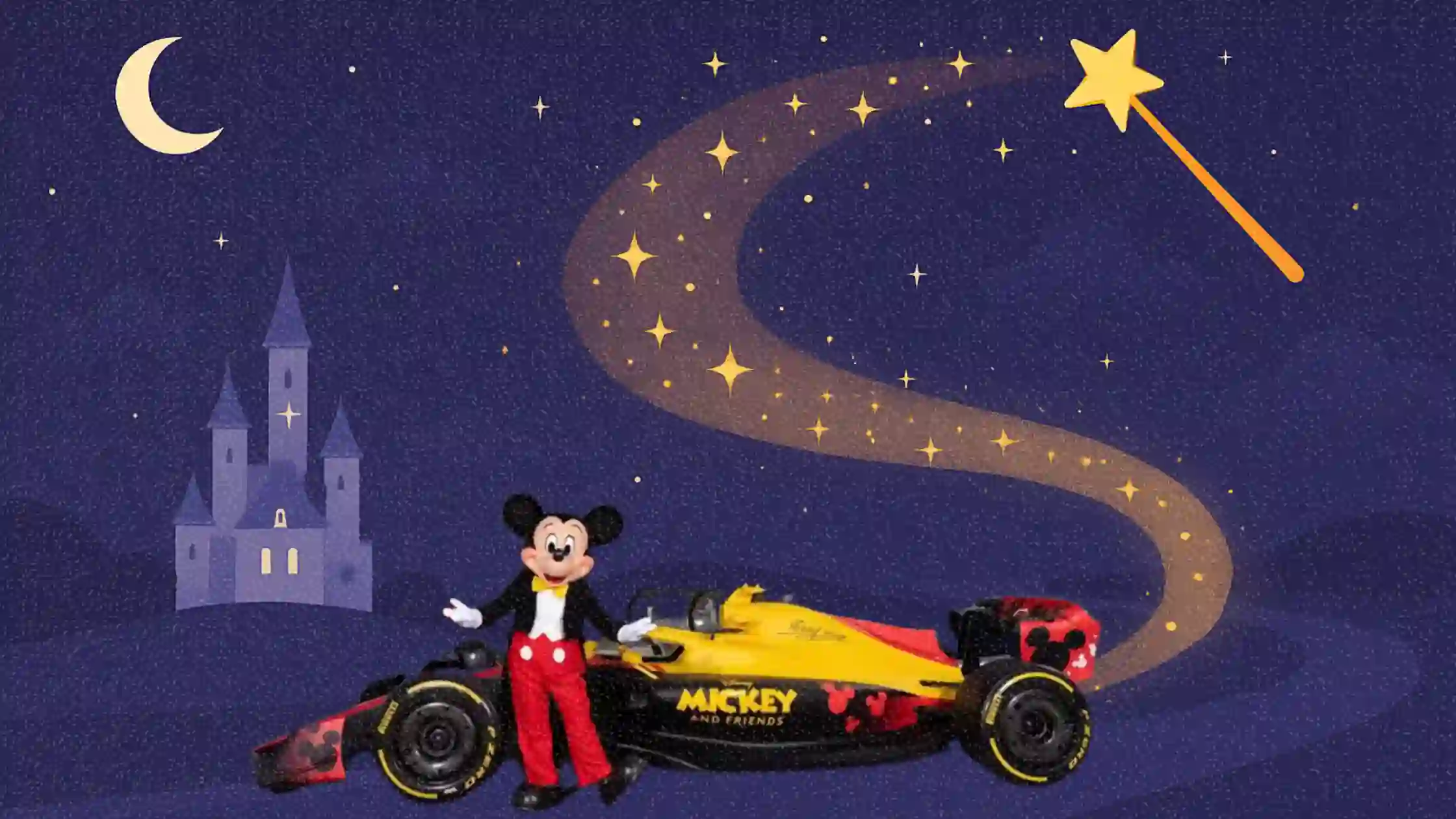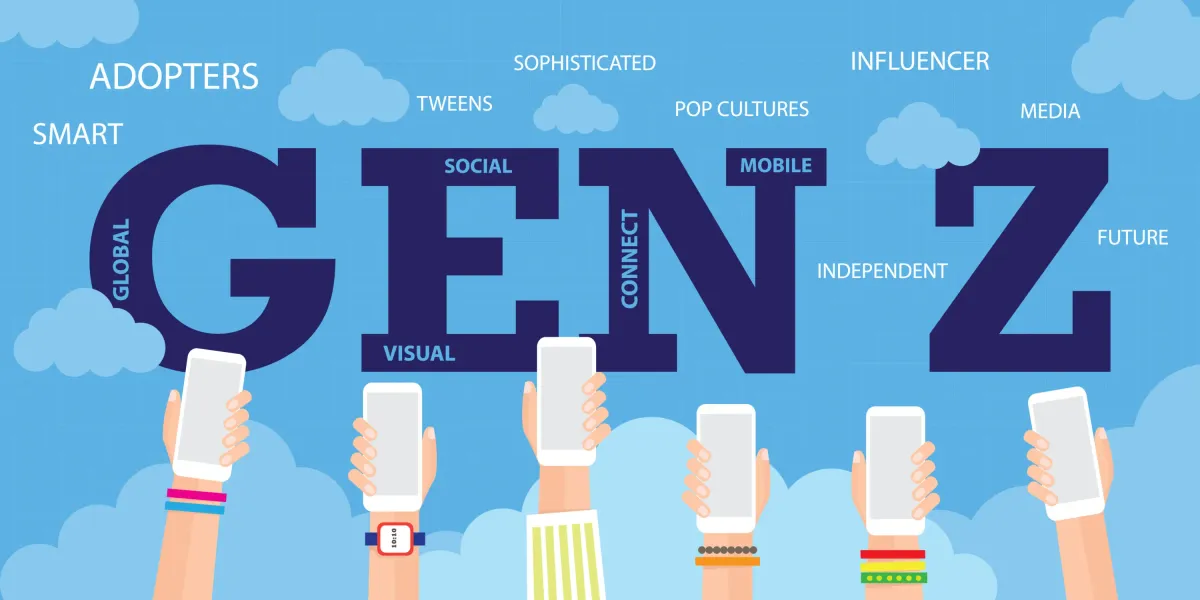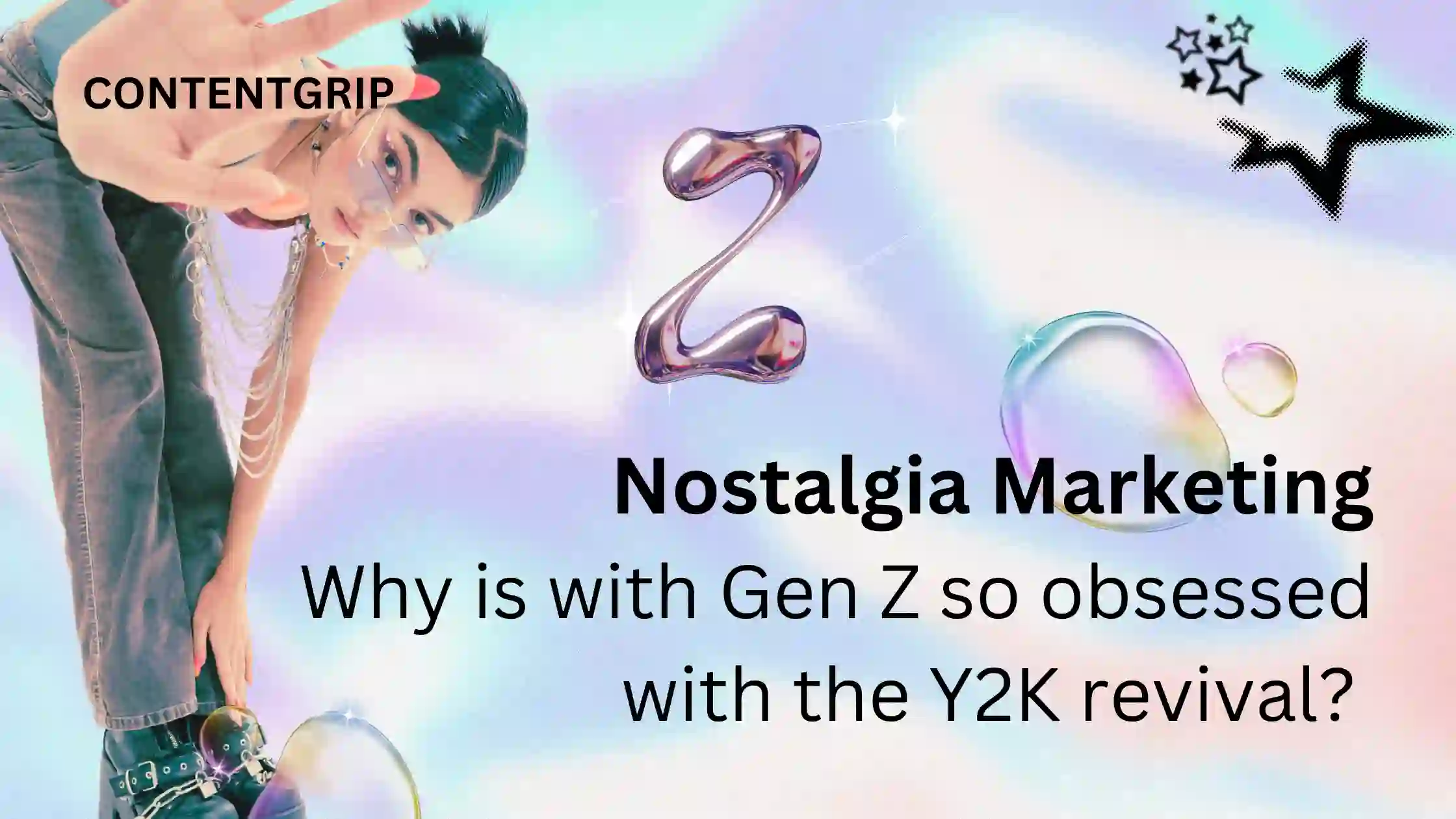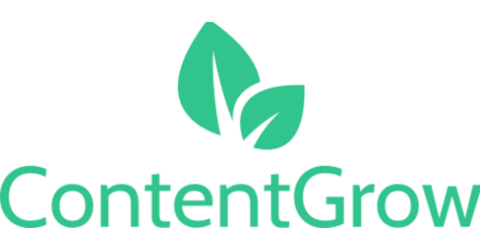Formula 1 taps Disney magic to woo Gen Z
The two entertainment giants are joining forces in 2026 to target Gen Z—marketers should pay attention.

F1 has always been about speed, spectacle, and engineering excellence. Now it’s adding fairy dust to the mix.
Starting in 2026, Formula 1 and Disney will roll out a global campaign that brings Mickey Mouse and crew onto the grid. The collaboration will span merchandise, fan experiences, and original content—aimed squarely at the next generation of fans.
This article explores how the F1–Disney partnership signals a strategic shift in sports marketing, and what brand leaders can learn from this cross-industry move to capture youth attention in an era of dwindling attention spans and fragmented platforms.
Short on time?
Here’s a table of contents for quick access:

What's the Disney-F1 partnership about?
The newly announced deal will bring beloved Disney characters—led by Mickey Mouse—into the high-speed world of Formula 1.
The partnership promises to unlock immersive fan experiences, cross-branded merchandise, and global activations designed to blend F1’s technical edge with Disney’s storytelling chops.
Emily Prazer, F1’s Chief Commercial Officer, positioned the move as a leap outside traditional sports branding. “We’re introducing Disney to our 820 million fans worldwide,” she noted, framing the partnership as a step toward mass-market consumer engagement rather than just a fanbase expansion.
Meanwhile, Disney’s Consumer Products President Tasia Filippatos framed the campaign as a milestone in Mickey Mouse’s nearly century-long run, calling it a “global stage” moment.
Why Gen Z is the real prize
Behind the press-release optimism is a sharp data-driven move: F1 is chasing Gen Z—and fast.
According to the sport, over four million kids aged 8 to 12 follow F1 across the EU and US. Its TikTok base is 54% under 25, while 40% of Instagram followers fall into the same age range. Disney’s broad family appeal and multi-generational characters provide a turnkey solution to accelerate youth onboarding.
For F1, this partnership isn’t just about cartoon characters—it’s a calculated strategy to future-proof its fan pipeline and make motorsport culturally sticky for audiences born into streaming, gaming, and short-form video.

What marketers should know
Whether you’re in consumer goods, media, or SaaS, there are takeaways from this unexpected brand crossover:
1. Fan-fueled IP blending is the future of audience development
This collaboration echoes a growing trend: entertainment brands are merging to create hybrid fan universes. Think Fortnite x Marvel or Roblox x NFL.
For marketers, the lesson is clear—co-creation and brand integration offer a new path to youth engagement that traditional ads can't reach.
2. Sports marketing is entering the fandom economy
This isn’t a sponsorship. It’s ecosystem-building. With F1 adding partners like Barilla (with in-paddock pasta bars) and PwC (for ops consulting), it’s shifting from sport to lifestyle platform.
Brands in other sectors should look at how they too can make their customer experiences more immersive, whether online or IRL.
3. The Gen Z pivot requires content-native strategies
F1’s success on TikTok didn’t happen by accident—it invested in content formats that Gen Z consumes natively. As the Disney rollout approaches, expect a wave of short-form animations, interactive merch tie-ins, and multi-platform storytelling.
Marketers should prepare to meet Gen Z where they are: not just with products, but with playable, shareable narratives.
Disney and F1’s collaboration may seem surprising on the surface, but it makes strategic sense when viewed through the lens of audience engineering.
It’s a bet on cross-brand storytelling, omnichannel fanbuilding, and generational relevance.
Smart marketers will treat this as a wake-up call: in the race for Gen Z, it’s not just about being fast—it’s about being first to their world.





